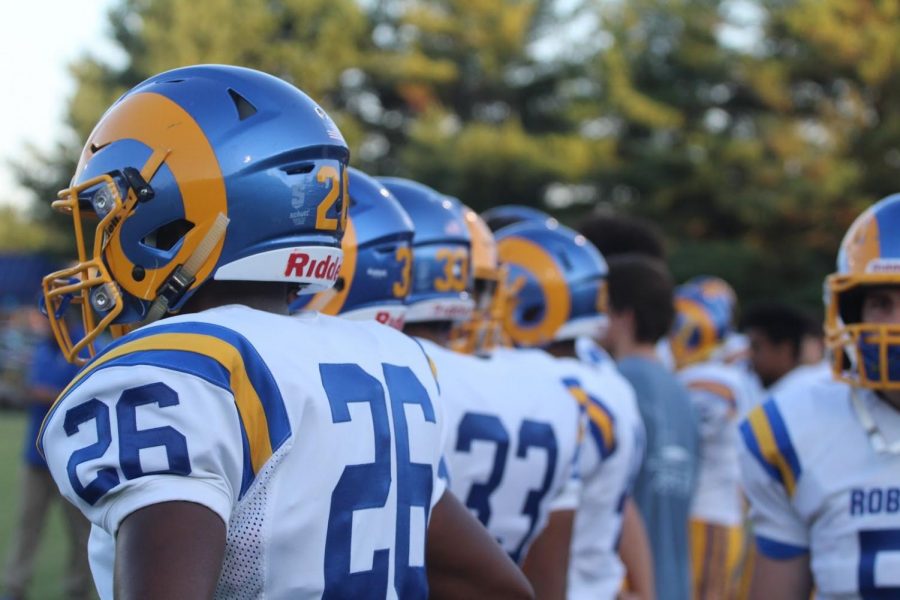It’s no secret depression is a severe illness haunting millions of people worldwide, but how it manifests and incapacitates someone suffering from it does seem like a secret. Fairfax County Public Schools (FCPS) alone has faced several student suicides and unexpected deaths in the past few years. Naturally, schools have responded with the promotion of anti-bullying and awareness of student mental health. Despite its good intentions and ideas, the school can still do more to conquer the problem of student depression, starting with an end to misconceptions about the illness itself.
Depression screenings were given to all freshmen and juniors. Students watched a 25- minute video about depression and filled out a short survey with questions such as, “Do you have thoughts of hurting yourself?” The goal of Fairfax County Public Schools (FCPS) is to determine which students give alarming answers so that the county can provide sufficient help for the student. However, this type of depression screening is not completely effective simply because of its vagueness and lack of personal interaction with the students. If a student had thoughts of hurting himself or herself, the probability they would not circle “yes” is high because the student likely does not want to draw attention to his or her problem. A more beneficial way to report depression is by teachers reporting students they are worried about and/or have talked to personally. This is a step in the right direction the school has taken, as a student is going to be more open and comfortable with a familiar teacher than with a piece of paper.
The school recognizes that grades seven, nine and eleven are at a “higher risk” because these grades are especially stressful. However, since only three of six grades in the building were screened, nearly half of the student body misses perhaps their only unsolicited opportunity to receive mental health support. Who is to say that a student in 12th grade isn’t significantly more stressed and unhappy than a student in 11th grade? Senior year is a huge transition year for students, and they often feel more pressure to do well at that stage than any other grade. Overall, though, the school did improve their outreach by making the screening an “opt-out” rather than its usual “opt-in,” meaning all students were expected to take it unless a parent didn’t want them to. This increased survey responses from 27 to over 1000.
Having grief counselors available to students in times of need and by pushing for a more positive environment within the school. Many teachers have acknowledged their understanding of how much stress students are under and therefore sometimes limit the amount of homework they give. While students who sign up for honors and IB classes should be aware that they are signing up for a large workload, teachers need to be given a defining limit of how much work they can give their students per night.
Academic overload is a common catalyst for depression symptoms; teachers often do not collaborate to ensure the afterschool workload is manageable.
Principal Matt Eline emailed teachers they cannot give homework over breaks, including four-day weekends, winter break and spring break. This is a step in the right direction, allowing students to have some time off to refresh after working hard. However, some teachers have found loopholes around that rule by assigning long-term projects that require work during those breaks in order to meet the deadlines later on.
The biggest issue is the lack of knowledge students as a whole have about mental illness. Instead of being ignorant to the topic and promoting the idea that this school is the best and has the best students, we should come to the realization that students at this school suffer just as much as students from other schools throughout the country. Mentall illness is looked at as something that is private and should not be talked about, but by making it a public issue to discuss and educate about, students can be aware of the situations so they can act in an appropriate response, should they ever notice someone who is bullied or depressed. If the school is serious about helping students, guidance counselors should have mandatory meetings with their students to have one-on-one effective communication to see how a student is actually feeling.
While the right intentions are there and the school has already implemented several ways to acknowledge mental illness, there are still several other efforts to be enacted to ensure their ideas are effective and worthwhile and far-reaching.




